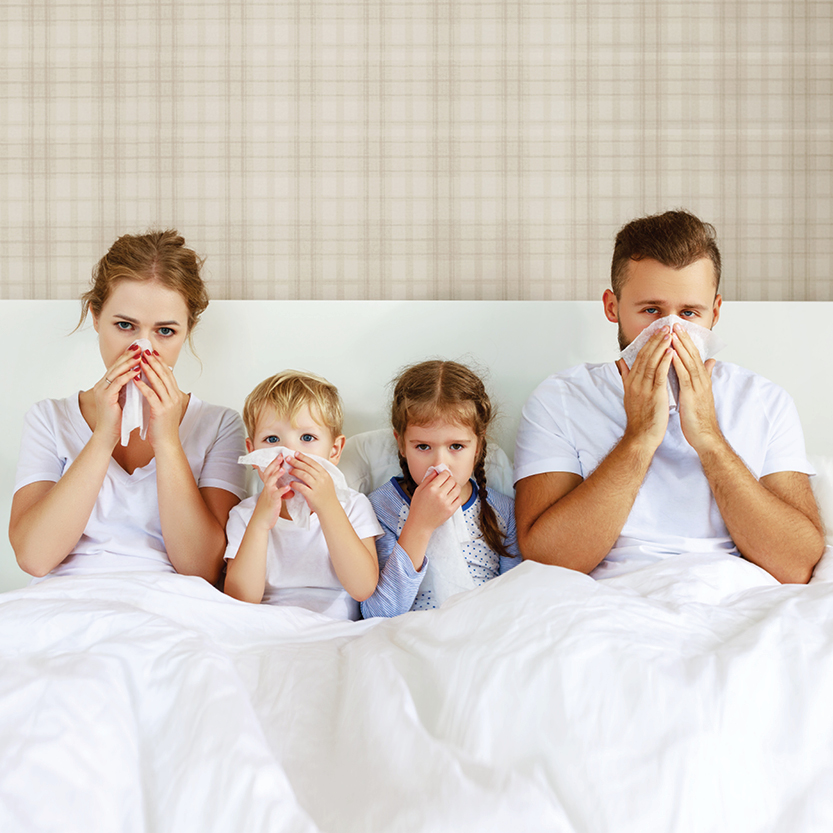Keeping Your Health In Check During The Winter
Health and wellness are important all year long. Winter brings cold, dry weather and brings forth various health concerns. Here are some common issues and practical tips to help you navigate the colder months.
Arthritis
Approximately 1 in 4 US adults suffer from arthritis, and according to the Arthritis Foundation, cold temperatures and changes in weather pressure can affect arthritis and joint pain.
To find some relief from arthritis pain this winter, consider these strategies:
- Wear warm comfortable clothing.
- Engage in regular stretching and keep active to increase strength and flexibility.
- Opt for indoor exercise.
Asthma
People often find their asthma triggers get worse over winter. Seasonal triggers include cold weather, dry air, cold and flu season, and indoor allergens.
You can look after your asthma during the winter by:
- Keep yourself warm.
- Limit outdoor exercise and activities.
- Using a humidifier to help ease your breathing.
If you have asthma and have any concerns about winter triggers, meet with your doctor and create an asthma action plan.
Bronchitis
Bronchitis is common in the winter because it often comes after a cold, flu, or sore throat. With acute bronchitis, you may experience a cough, shortness of breath, and tiredness. Chronic bronchitis has similar symptoms, but they can be more severe or long-lasting.
- Wash your hands frequently to avoid spreading germs and viruses
- Avoid smoking to help protect you against bronchitis.
Colds and Flu
Taking precautions during the cold and flu season (late fall to early spring) is crucial. Follow these practices:
- Regularly wash your hands and refrain from touching your face.
- Prioritize adequate sleep and minimize contact with people who are sick.
- The CDC recommends getting a flu shot each year because the virus mutates and changes every year.
Dry Skin
Dryness can cause redness, itching, rough patches, flakiness, cracks, and stinging on the raw parts of the skin.
- Moisturize more than usual, especially after taking a bath or shower.
- Wear scarves and gloves when outside to cover exposed skin.
Sore Throats
Sore throats are common in the winter because of temperature changes, like going from warm indoor temperatures to cold outdoors. Sometimes a sore throat is a sign of strep throat, but this is not specifically a winter problem. Strep throat is more common in children than adults.
A sore throat that starts quickly, pain with swallowing, and fever are some of the common signs and symptoms of strep throat.
Try to stay healthy and safe this winter.
Remember to get your flu shot, wash your hands, get plenty of rest, and avoid people who are sick.
Sometimes you can’t prevent winter health problems, talk to your primary care provider for treatment when you experience symptoms.

